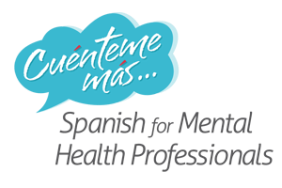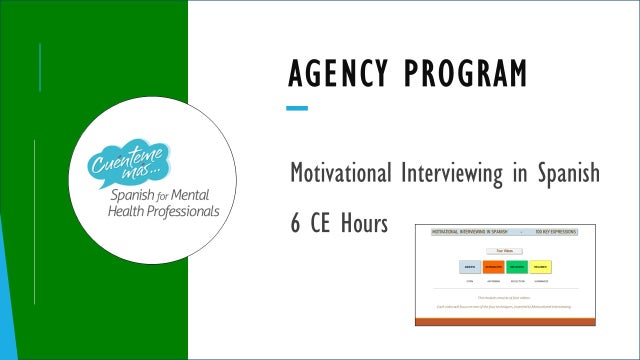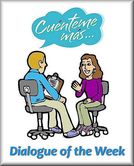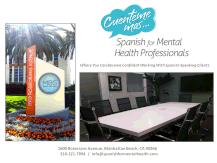- MOTIVATIONAL INTERVIEWING
- >
- 900 CE - AGENCY PROGRAM - AGENCY VISIT - MOTIVATIONAL INTERVIEWING IN SPANISH: 6 CE HOURS
900 CE - AGENCY PROGRAM - AGENCY VISIT - MOTIVATIONAL INTERVIEWING IN SPANISH: 6 CE HOURS
In this module, two instructors provide a One Day Seminar at your location
(Los Angeles County).
TOPIC: MOTIVATIONAL INTERVIEWING IN SPANISH - 6 CE Hours
Suitable for Intermediate to Advanced Spanish Speakers, Licensed Mental Health Professionals, Interns and Trainees.
This Practical Training Package is Focused on Helping Mental Health Professionals Improve Confidence and Competence with Motivational Interviewing Skills in Spanish.
Motivational Interviewing (MI) is used in numerous clinical settings where the primary goal is to help clients change unwanted situations.
THIS MODULE INCLUDES:
- Two instructors at your location for a One Day Seminar
- In Vivo Training Workshop
- Study videos distributed in advance of the workshop
- Study worksheets
- In Vivo Training: Hot Seat
- In Vivo Training: Therapist Panel
- Test
- Course Evaluation Form
- Certificates of Completion for 6 CE (up to 25 participants)
SCHEDULE
9:30 Introductions and Overview
10:00 In Vivo Sessions (Part One: Reflecting Content; Part two: Paraphrasing)
12:30 Break for Lunch
1:30 In Vivo Sessions (Part Three: Reflecting Feeling; Part Four: Reflecting Meaning)
3:45 Test, Course Evaluation Form
4:30 See you in the next module!
Working with the well-known acronym OARS in MI, each section focuses on one of the four essential stages. The stages are:
Video #1 - Open Stage - Etapa Abierta (Duration 14:24)
In the Open stage, therapists practice open-ended statements and questions to enable the client to express the presenting problems, what they have tried to do so far to solve the issues, and what was the result. Clinicians master statements to open the session, provide active-reflective listening, maintain the therapist-client dialogue.
Video #2 - Affirming Stage - Etapa de Afirmación (Duration 11:04)
In the Affirming stage, the therapist reinforces client strengths and abilities. Clinicians practice accurate and congruent supportive statements focused on reinforcing clients self-esteem, coping abilities, and problem solving skills.
Video #3 - Reflection Stage - Etapa de Reflexión (Duration 21:29)
The therapist communicates and expresses empathy by simple reflections of what the client has said. Accurate and intuitive reflections fall into three main categories:
- Reflecting Content: Fill-in-the blank templates combined with vocabulary lessons to form reflecting statements that relate to the Content of the client's narrative. Therapists master content-reflecting statements in the past and present tense.
- Reflecting Feeling: Using simple templates paired with verbs and adjective lessons, the clinician is enabled to provide effective and customized reflection of feeling statements.
- Reflecting Meaning: In this section, clinicians practice language to interpret the meaning embedded in the previous stages.
Video #4 - Summarize Stage - Etapa de Resumen (Duration 23:34)
In this video, the therapist will learn to provide a congruent and empathic summary of the client's narrative. A three step template is presented that enables therapists to effectively form summarizing statements which may be customized to the client's narrative.
In Vivo Sessions:
A - Therapists take turns in the "Hot Seat" and participate in fun and challenging counseling sessions with Alfonso in character as your client. Practice implementing Motivational Interviewing interventions found in the lesson. (It's okay to be in Observer Mode if you are more of a beginner with Spanish, or are hesitant about a turn in the Hot Seat.)
B - Therapist Panel and Instructors help with comprehension, vocabulary, correct sentence structure for therapy-related dialogue, statements, questions and instructions. Therapist Panel provides guidance and commentary on cultural constructs as well as clinical progress and goals of the session, legal and ethical issues.
Your clinical staff will gain confidence and skill to implement interventions with actual clients, or keep practicing with the provided learning materials until they feel ready.












